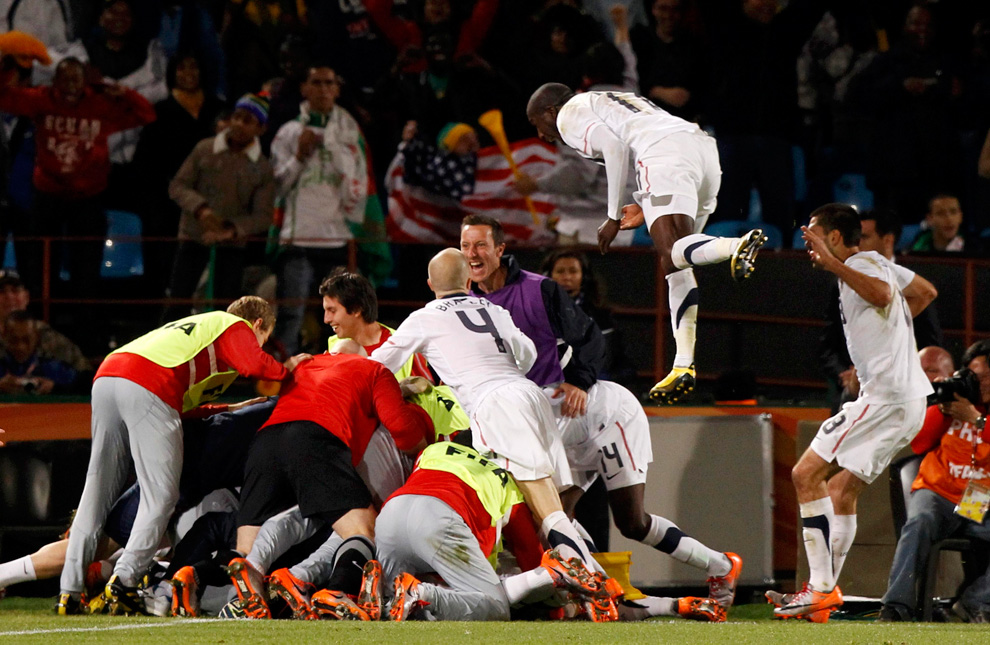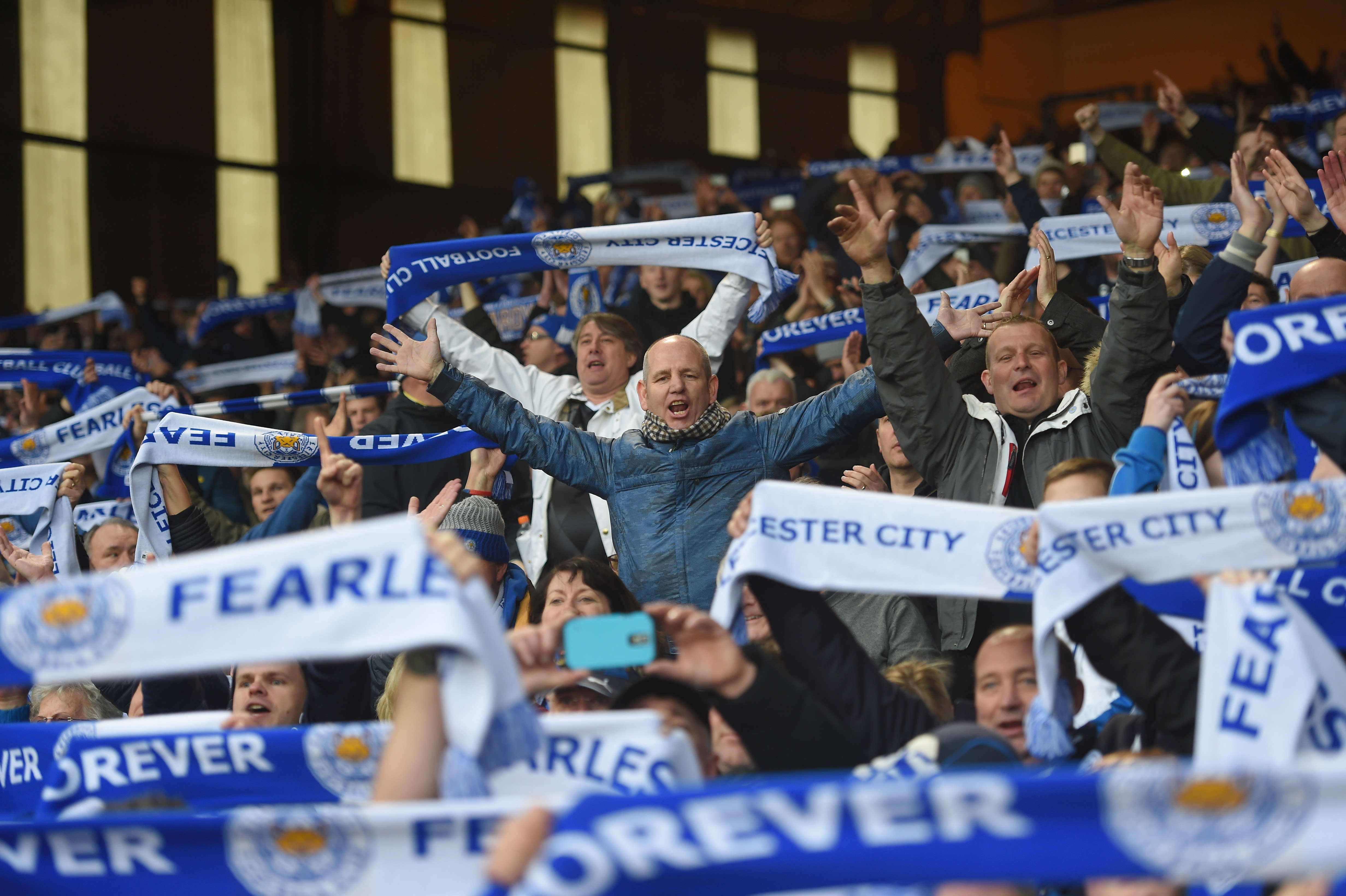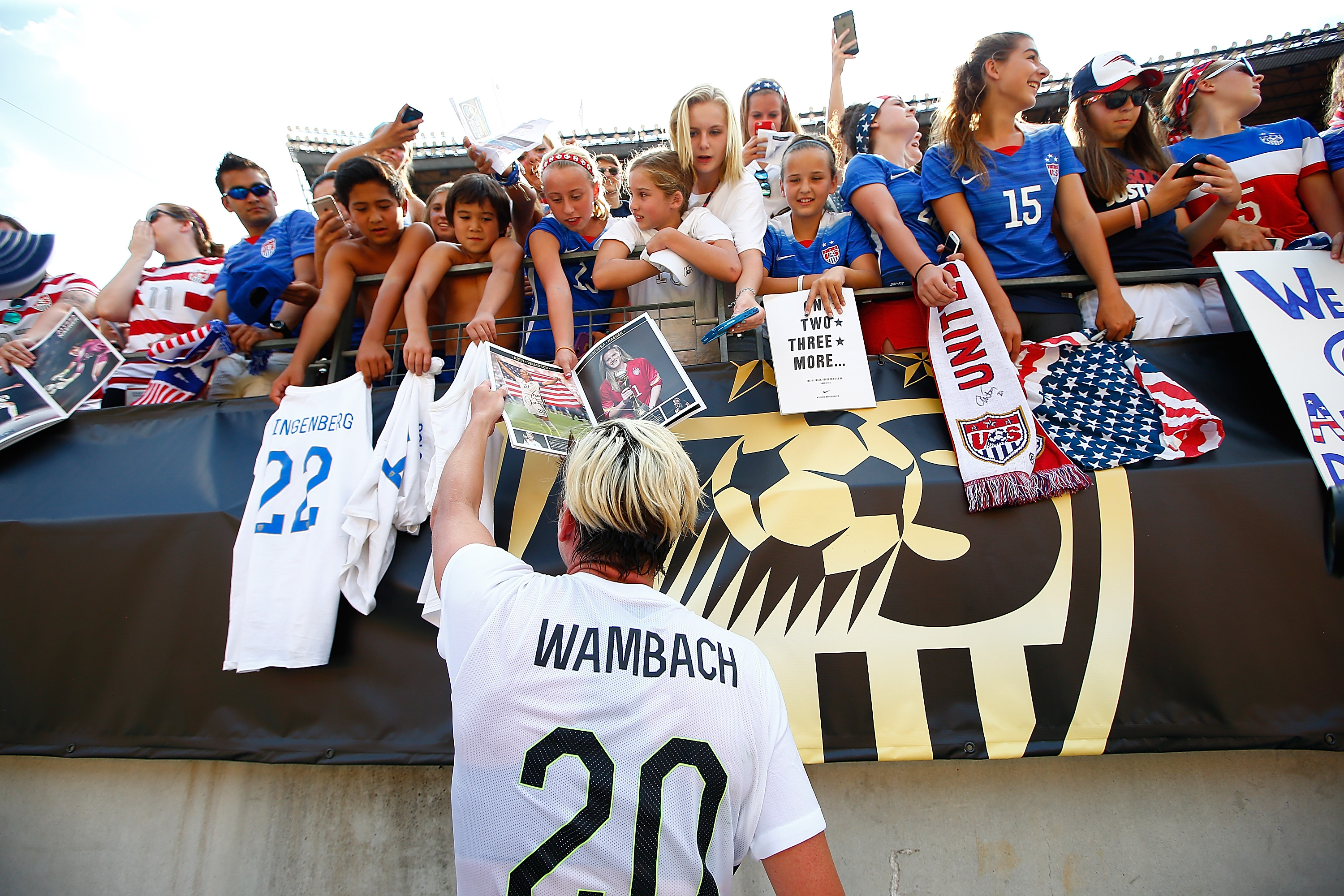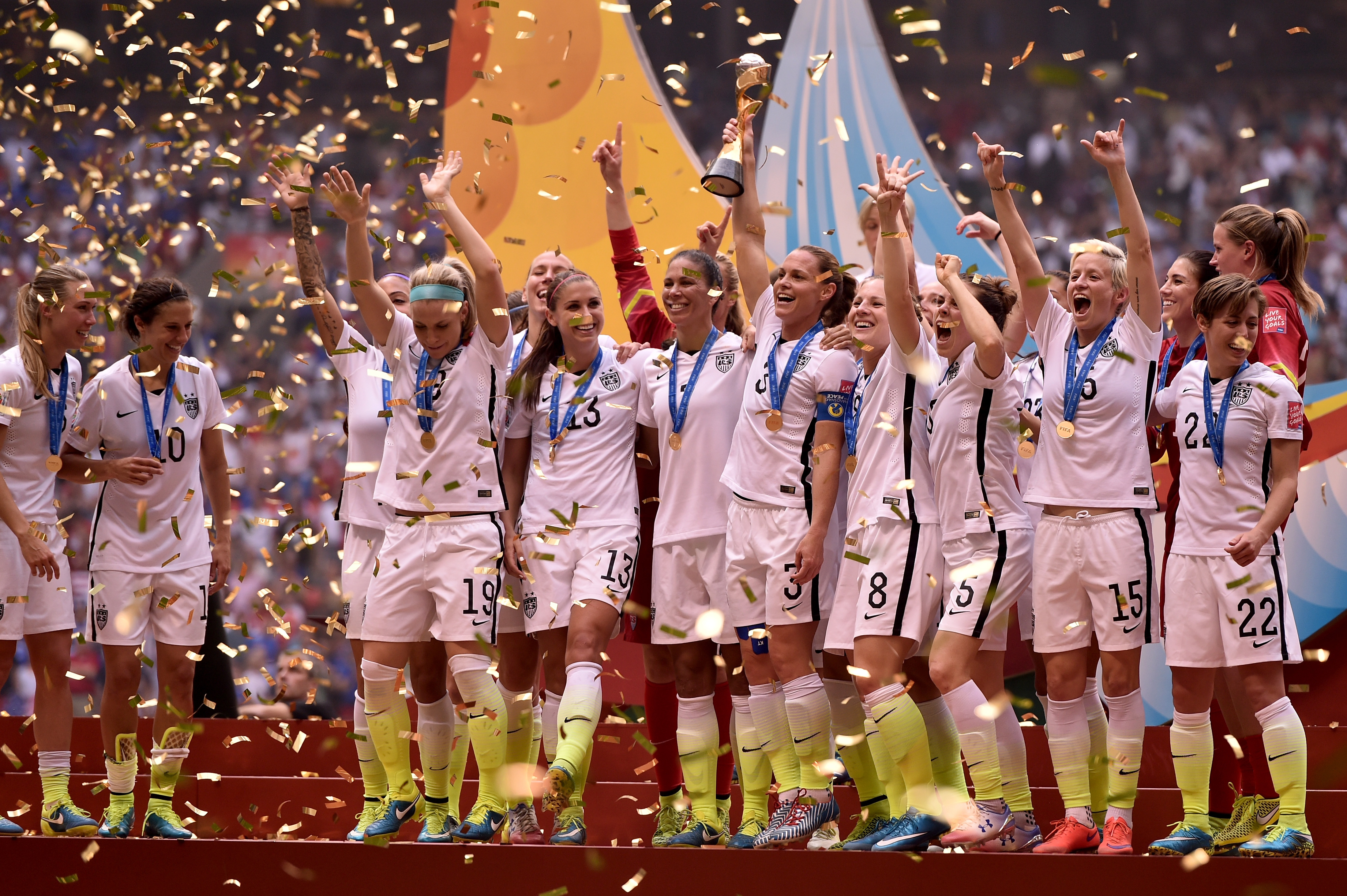This is kind of an end of an era for MLS. Phil Anschutz and his company Anschutz Entertainment Group, sold their majority ownership stake of the Houston Dynamo to businessman and previous minority owner Gabriel Brener. This is big news because Anschutz also owns the LA Galaxy and by selling the Dynamo, means that MLS will have a different majority owner of each team for the first time in their 20 year history.
In the early days of MLS, multiple team ownership was a necessity to stay alive as a league. At one point in the early 2000’s, Anschutz owned half the teams in MLS. He owned the Colorado Rapids, Chicago Fire, D.C. United, San Jose Earthquakes (first SJ)/Houston Dynamo, LA Galaxy and New York Red Bulls (then Metrostars). Guys like Lamar Hunt (Dallas, Columbus, KC) and Robert Kraft (New England and San Jose) bought multiple teams to keep MLS from suffering the same fate as every previous professional soccer league in the United States at that time.
As I have said before, Brener was already a minority owner for the Dynamo since 2008. Brener took over Anschutz’s majority shares of the Dynamo but also for their NWSL team Houston Dash and BBVA Compass Stadium, where both teams play home games. Along with minority owner Oscar de la Hoya (who you may have heard of), and new minority owners Jake Silverstein and Ben Guill, Houston is finally outside of the shadow of Galaxy success. Houston even had to see this literally after losing to the Galaxy in the 2011 and 2012 MLS Cup’s.
While this may not seem like a big deal to many, this is a big deal to MLS’ growth both in a competitive and business sense. Since each team has a vote for making MLS rules, there eliminates a possible conflict of interest both on and off the field. It also helps that more than a few people are interested in investing in professional soccer in the United States. We are in a time where we don’t need to rely on two or three people to solely put American soccer on their backs. Even apart from MLS, owners are coming in left and right to MLS, NWSL, NASL, USL, NPSL and on down to the point that there is a debate on if American soccer is expanding too rapidly for its own good. Either way, now that there are 20 owners for 20 teams, MLS enters a new era of ownership and is stronger than ever.






